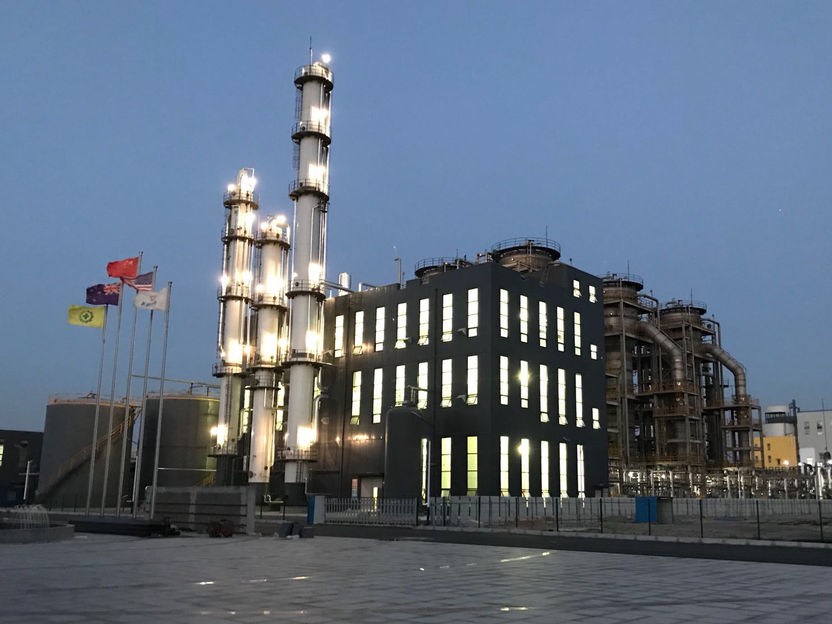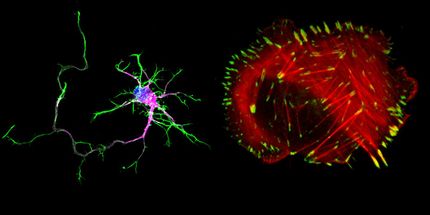Link between Vitamin D treatment and autism prevention
Giving vitamin D supplements to mice during pregnancy prevents autism traits in their offspring, University of Queensland researchers have discovered.
The discovery provides further evidence of the crucial role vitamin D plays in brain development, said lead researcher Professor Darryl Eyles, from UQ's Queensland Brain Institute.
"Our study used the most widely accepted developmental model of autism in which affected mice behave abnormally and show deficits in social interaction, basic learning and stereotyped behaviours," Professor Eyles said.
"We found that pregnant females treated with active vitamin D in the equivalent of the first trimester of pregnancy produced offspring that did not develop these deficits."
In human studies, QBI researchers recently found a link between pregnant women with low Vitamin D levels and the increased likelihood of having a child with autistic traits.
Autism -- or autism spectrum disorder -- describes lifelong developmental disabilities including difficulty or inability to communicate with others and interact socially.
Sun exposure is the major source of vitamin D -- which skin cells manufacture in response to UV rays -- but it is also found in some foods.
Dr Wei Luan, a postdoctoral researcher involved in the study, said vitamin D was crucial for maintaining healthy bones, but the active hormonal form of vitamin D cannot be given to pregnant women because it may affect the skeleton of the developing foetus.
"Recent funding will now allow us to determine how much cholecalciferol - the supplement form that is safe for pregnant women -- is needed to achieve the same levels of active hormonal vitamin D in the bloodstream," said Dr Luan.
"This new information will allow us to further investigate the ideal dose and timing of vitamin D supplementation for pregnant women.
It was previously thought vitamin D had a protective anti-inflammatory effect during brain development, but the study didn't find this to be the case.
New funding from the National Health and Medical Research Council will allow researchers to continue to study how vitamin D protects against autism.
Original publication
Most read news
Other news from the department science

Get the life science industry in your inbox
By submitting this form you agree that LUMITOS AG will send you the newsletter(s) selected above by email. Your data will not be passed on to third parties. Your data will be stored and processed in accordance with our data protection regulations. LUMITOS may contact you by email for the purpose of advertising or market and opinion surveys. You can revoke your consent at any time without giving reasons to LUMITOS AG, Ernst-Augustin-Str. 2, 12489 Berlin, Germany or by e-mail at revoke@lumitos.com with effect for the future. In addition, each email contains a link to unsubscribe from the corresponding newsletter.
Most read news
More news from our other portals
Last viewed contents
Frost & Sullivan: Combination drugs are the future of the European Hepatitis B and C therapeutics markets
Buerger's_disease
Analytica Vietnam 2013 – Platform for innovations
Meninges
DPZ Signs License Agreement with Biogen Idec























































